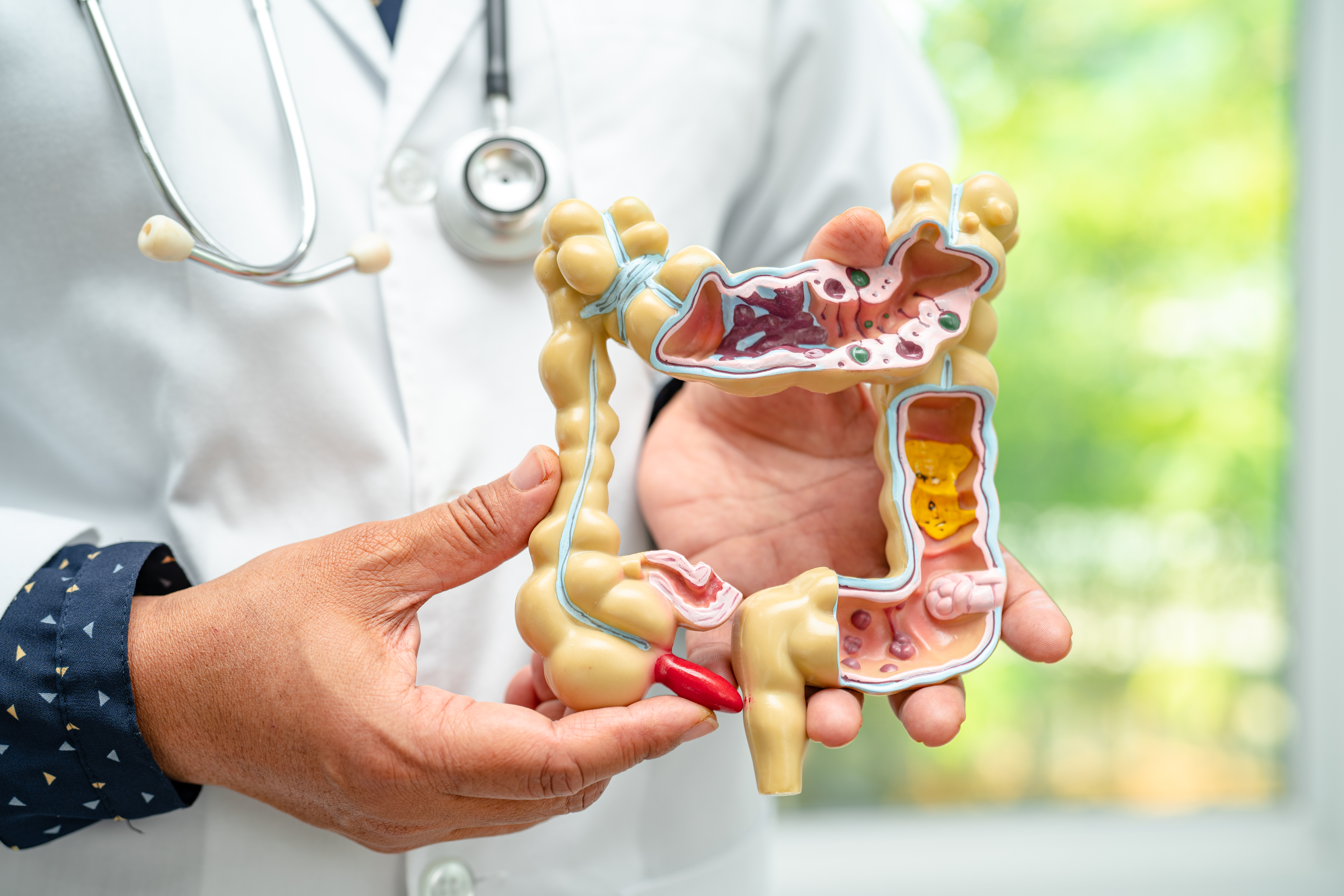The Hidden Cost of Antibiotics How to Repair Your Gut After the Dose
3. The Impact of Antibiotics on Gut Diversity

A diverse gut microbiome is essential for maintaining overall health. Each species of bacteria plays a unique role in nutrient absorption, immune regulation, and disease prevention. Antibiotics can significantly alter this diversity, often resulting in the overgrowth of less beneficial bacteria. Even short courses of antibiotics can have long-lasting effects on microbial diversity, which may take months or even years to recover. Reduced diversity has been linked to chronic conditions such as irritable bowel syndrome (IBS) and metabolic disorders. Restoring gut diversity after antibiotic use is crucial for maintaining a healthy digestive and immune system.
4. Antibiotic Resistance: A Growing Concern

Antibiotic resistance is a global crisis fueled by excessive antibiotic use. Some bacteria develop mechanisms to survive antibiotic treatment, making infections harder to treat. The gut microbiota plays a role in this process by acting as a reservoir for resistant genes. When antibiotics disrupt the gut balance, resistant bacteria can spread more easily. This poses a serious health threat, as resistant infections become increasingly difficult to manage. Addressing this challenge requires a collective effort, including more responsible antibiotic use, continued research into alternative treatments, and global public health initiatives to curb resistance.
